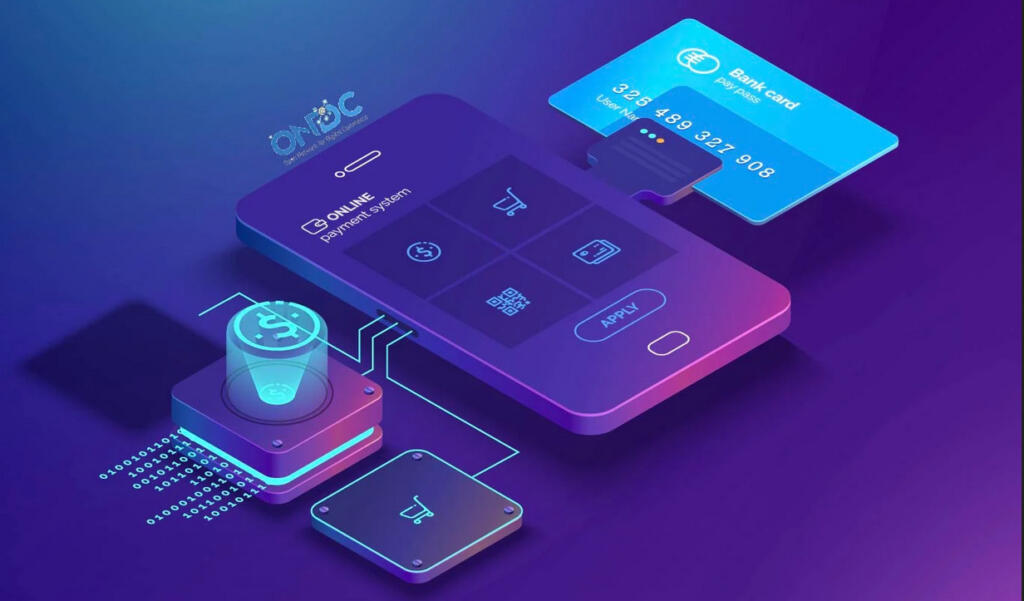The Indian government is taking the model innovation through Open APIs (Open Application Programming Interface) to the mainstream. With the success of United Payments Interface (UPI), the government was encouraged to use the same model of building digital infrastructure for the private players to plug in and innovate. And now the same is being applied in many areas including digital commerce.
The Modi government launched pilot testing of Open Network for Digital Commerce, which will enable any seller, be it small or big, to sell the goods and services online.
“ONDC will enable any service provider or seller to make itself visible to all platforms and will significantly give a boost to the MSME sector. Currently, Paytm, Dunzo, Sellerapp, Gofrugal, GrowthFalcons, eSamudaay and Goodbox are in an advanced stage of integration with ONDC,” T. Koshy, Chief Executive Officer of ONDC said, adding that ONDC is also in talks with over 80 players including Government e-Marketplace (GeM), India Post, BHIM, Google Pay, PhonePe, Microsoft, Tally, Zoho, FarEye and the Federation of All Indian IT Associates to scale up operations at national level.
ONDC reimagines digital commerce by segregating different steps involved in purchase and sale of goods online. For example, currently, the e-commerce players like Amazon or Flipkart are responsible for end-to-end services apart from selling the products and the domestic e-commerce players who are allowed to operate in an inventory model are responsible for whole operation.
Under the ONDC, the different steps like delivery, packaging, return and many other steps that are involved will have different players who will perform their tasks. This will truly democratize digital commerce because the players involved will work as service or products providers, not a platform.
Dr. Dinesh Tyagi, MD, Common Service Centre, which is a lifeline in providing digital services in rural areas, said, “CSC partnership with ONDC will lead to a new generation of small and medium enterprises to access customers across the country in every village and town. It will also result in efficient last-mile logistic partners evolving and supporting both buyers and sellers. Every CSC in the country will play a significant role in supporting sellers, especially those in rural India as well as major players in providing logistic access. CSC Grameen e-store is being integrated with ONDC platform to build the linkages with various stakeholders. It is a great opportunity for CSC VLEs to support the rural e-commerce market.
The new open-source network will be open to all vendors and platform providers like Amazon, Flipkart would not be able to prioritize the vendors based on their interest because this network would allow these platforms to charge only one side for the services.
The DPIIT has included some of the biggest names working at the intersection of technology and policy from the government as well as private space in the panel on Open Network for Digital Commerce.
Apart from Nandan Nilekani, the other members of the panel include R S Sharma, National Health Authority chief executive officer, Adil Zainulbhai, Quality Council of India chairman, Anjali Bansal, Avaana Capital Founder and Chairperson, Dilip Adbe, National Payments Corp. of India CEO, and Arvind Gupta, Digital India Foundation co-founder.
Open Network For Digital Commerce (ONDC) “aims at promoting open networks developed on open-sourced methodology, using open specifications and open network protocols, independent on any specific platform. ONDC is expected to digitise the entire value chain, standardise operations, promote inclusion of suppliers, derive efficiency in logistics and enhance value for consumers”.
While the countries around the world are trying to make people and small businesses internet friendly, India has completely reversed the system and is making internet people and small businesses friendly. The country achieved great success in this when it comes to digital payments by building an open-source payments platform (UPI), and encouraged by this, attempting the same in different sectors. Whether it succeeds in doing so in other segments is yet to be seen but if it does, the world would soon follow India in digital technology and its regulation.
